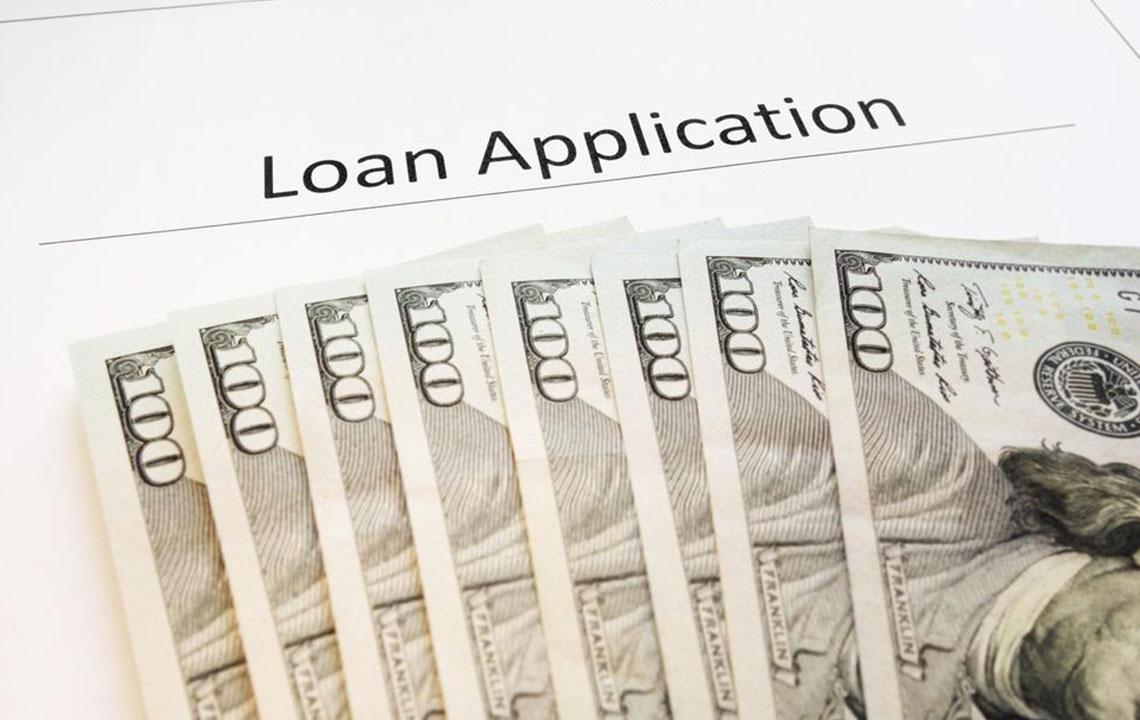Comprehensive Guide to Zero-Cost Mortgage Plans: Benefits and Risks
This comprehensive guide explores zero-cost mortgage plans, highlighting their advantages such as lower initial costs and easier access to homeownership, while also discussing potential drawbacks like higher long-term expenses due to increased interest rates. Borrowers must weigh immediate savings against future costs by thoroughly reviewing loan terms and comparing offers. Staying informed and seeking expert advice can help choose the most suitable mortgage plan. This article provides valuable insights for anyone considering zero-cost mortgages, emphasizing the importance of understanding all financial implications to make informed decisions.

Comprehensive Guide to Zero-Cost Mortgage Plans: Benefits and Risks
Securing a mortgage is a significant milestone for many prospective homeowners. When navigating the complexities of home financing, borrowers often encounter various fee structures associated with their loans. Typically, mortgage agreements include a range of charges—covering administrative costs, processing fees, and third-party expenses—that contribute to the overall cost of borrowing. These fees, while seemingly burdensome upfront, are integral to the lending process and ensure smooth transaction completion.
Among the myriad options available to homebuyers, zero-cost mortgage plans have gained popularity due to their promise of eliminating initial fees. Essentially, these plans mean that lenders do not charge upfront application fees, processing charges, or third-party costs at the outset. Instead, the costs are deferred and incorporated into the overall loan structure, often through higher interest rates or increased closing costs.
While the allure of avoiding immediate payment hurdles is appealing, it is essential to understand the true financial implications of zero-cost mortgage plans. Borrowers can potentially save approximately 3-5% of the initial costs by forgoing upfront fees. This reduction can make a significant difference, especially for individuals with limited savings. However, this seemingly advantageous scenario can be deceptive if the postponed costs result in higher long-term expenses. Hidden fees, elevated interest rates, and increased closing costs may cumulatively outweigh the initial savings, making it crucial for borrowers to thoroughly review the specific terms and conditions of these loans to avoid unexpected financial burdens.
Advantages of Zero-Cost Mortgage Plans
Lower initial costs and easier access to homeownership: For many prospective homeowners, the primary obstacle is securing enough savings to cover large down payments and initial fees. Zero-cost mortgage plans eliminate this barrier, allowing buyers to enter the property market without the need for significant upfront cash. This feature is particularly beneficial in competitive markets where quick approval may be necessary to secure a property.
No need for a hefty down payment: Typically, zero-cost mortgage plans do not require a substantial initial deposit. This flexibility can be vital for first-time buyers or those facing financial constraints, enabling them to purchase property and build equity over time.
Potential Challenges and Drawbacks of Zero-Cost Mortgages
Not always more cost-effective in the long run: While initial fee savings are attractive, borrowers should be cautious because the overall repayment amount might be higher than standard mortgages. The additional costs may stem from inflated interest rates or higher closing charges, which could erode the savings gained initially. Consumers should perform thorough cost comparisons and seek financial advice to assess whether a zero-cost plan truly benefits their financial position.
Higher interest rates as a compensation mechanism: Lenders often offset the absence of upfront fees by charging higher interest rates over the loan tenure. This means that although the borrower avoids initial costs, they may end up paying substantially more over the long term due to increased interest expenses. It’s essential to analyze the effective interest rate and total repayment amounts before proceeding.
Key Considerations Before Choosing a Zero-Cost Mortgage
Carefully review all terms and conditions associated with the loan. Ensure you understand how deferred costs are integrated into the overall repayment plan.
Compare offers from multiple lenders to determine which plan provides the most favorable terms over the life of the loan.
Consult with financial advisors or mortgage experts to understand the full implications—both immediate and long-term—before committing to a zero-cost mortgage plan.
Calculate the total cost of borrowing, including interest, fees, and other charges, to ensure that you are making an informed decision aligned with your financial goals.
Stay informed and empowered. Follow us on Facebook and Twitter for the latest updates on real estate investments, mortgage options, and financial advice tailored to homebuyers.





